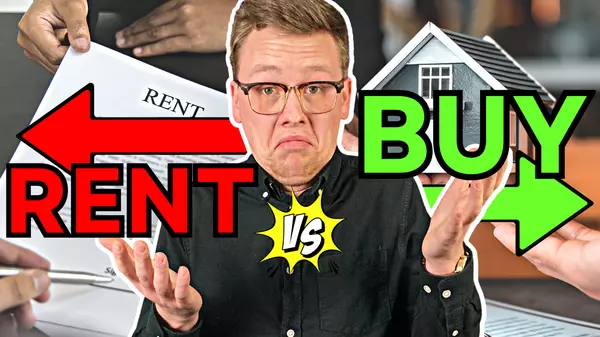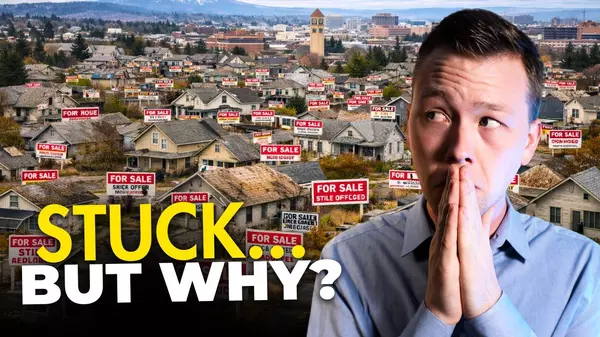
Debunking Foreclosure Fears: No Foreclosure Flood Ahead
The current trend of escalating costs across various sectors, ranging from groceries to fuel, has sparked concerns about the possibility of a growing number of individuals struggling to meet their mortgage obligations. This has led to speculation about an impending wave of foreclosures. However, whi

Spokane Real Estate Market Update 2023: Insights and Analysis
Spokane's real estate market has been in the news lately for its position in the top 10 out of 100 largest housing markets with declining values over the last year. This news has led many homeowners, potential buyers, and investors to wonder about the outlook for Spokane's real estate in 2023 and be

Decoding Spokane, WA's Housing Riddle: To Rent or Buy?
Today, we're tackling a timeless conundrum that's been puzzling minds forever: should you rent or buy in Spokane, Washington? Get ready to be surprised by the figures as we dissect the current market dynamics. Fresh from a chat with my lender and a quick scan of Mortgage News Daily, the interest r
Categories
- All Blogs (907)
- Airway Heights (5)
- Audubon/Downriver (4)
- Balboa/South Indian Trail (5)
- Bemiss (3)
- Browne's Addition (3)
- Buying Your Home in Spokane (207)
- Cheney (3)
- Chief Garry Park (3)
- Cliff-Cannon (3)
- Colbert (1)
- Comstock (4)
- Cost of Living in Spokane (1)
- Dishman (3)
- Downtown Spokane (1)
- Driving Tours (1)
- East Central (3)
- Emerson/Garfield (3)
- Five Mile Prairie (5)
- Grandview/Thorpe (3)
- Greenacres (3)
- Hillyard (3)
- Home Improvement (8)
- Home Prices (5)
- Housing Inventory (6)
- Housing Market (133)
- Housing Market Update (2)
- Instagram Videos (2)
- Interest Rates (24)
- Job Market in Spokane (3)
- Know Spokane (605)
- Latah Valley (5)
- Liberty Lake (8)
- Lincoln Heights (4)
- Living in Spokane (2)
- Logan (3)
- Manito-Cannon Hill (3)
- Medical Lake (4)
- Minnehaha (3)
- Moran Prairie (3)
- Mortgage (26)
- Moving out of Spokane (3)
- Moving to Spokane (143)
- Nevada/Lidgerwood (3)
- New Construction Homes in Spokane (1)
- New Construction Opportunities (3)
- North Hill (3)
- North Indian Trail (4)
- Northwest (3)
- Opportunity (3)
- Peaceful Valley (3)
- Riverside (3)
- Rockwood (4)
- Selling Your Spokane Home (163)
- Shiloh Hills (3)
- Southgate (3)
- Spokane Events (444)
- Spokane Neighborhoods (51)
- Spokane Restaurants/Food Places (24)
- Spokane Schools (12)
- Spokane Valley (14)
- Suncrest (1)
- Things to Do in Spokane (457)
- Veradale (3)
- West Central (3)
- West Hills (3)
- Whitman (3)
- Youtube Videos (49)
Recent Posts











